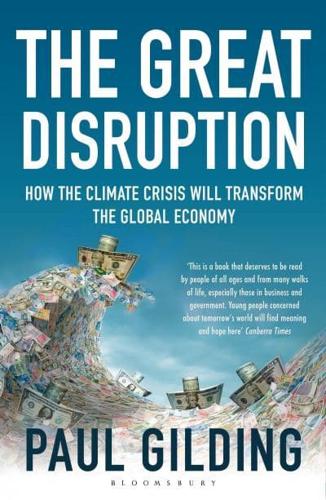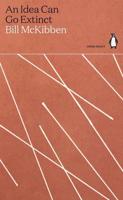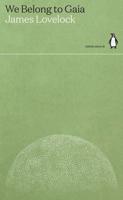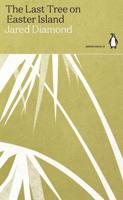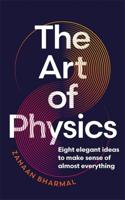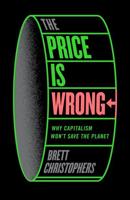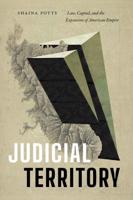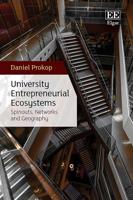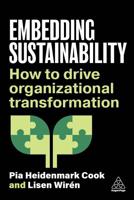Publisher's Synopsis
A major new analysis and action plan to deal with two linked challenges to human ingenuity and human survival - the crisis of climate change and the world economic crash.
'Gilding says that our current economic model is driving the system over a cliff. We are already living beyond the planet's capacity to support us and a crisis is no longer avoidable' The Times
'If you're planning to stick around for the 21st century, this might be a useful book to consult' Bill McKibben, author of Eaarth and The End of Nature
It's time to stop just worrying about climate change, says Paul Gilding. Instead we need to brace for impact, because global crisis is no longer avoidable. The 'Great Disruption' started in 2008, with spiking food and oil prices and dramatic ecological change like the melting polar icecap. It is not simply about fossil fuels and carbon footprints. We have come to the end of Economic Growth, Version 1.0, a world economy based on consumption and waste, where we lived beyond the means of our planet's ecosystems and resources.
The Great Disruption offers a stark and unflinching look at the challenge humanity faces - yet also a deeply optimistic message. The coming decades will see loss, suffering and conflict as our planetary overdraft is paid. However, they will also bring out the best humanity can offer: compassion, innovation, resilience and adaptability. Gilding tells us how to fight, and win, what he calls 'the One Degree War' to prevent catastrophic warming of the earth, and how to start today.
The crisis we are in represents a rare chance to replace our addiction to growth with an ethic of sustainability, and it's already happening. It's also an unmatched business opportunity: old industries will collapse while new companies literally reshape our economy. In the aftermath of the Great Disruption, we will measure 'growth' in a new way. It will mean not quantity of stuff, but quality, and happiness, of life. And, yes, there is life after shopping.
The Great Disruption is an invigorating and well-informed polemic by an advocate for sustainability and climate change who has dedicated his life to campaigning for a balanced use of Earth's limited resources. It is essential reading.
